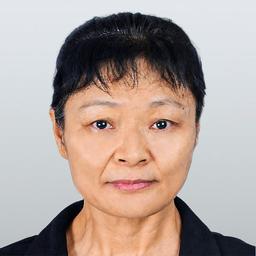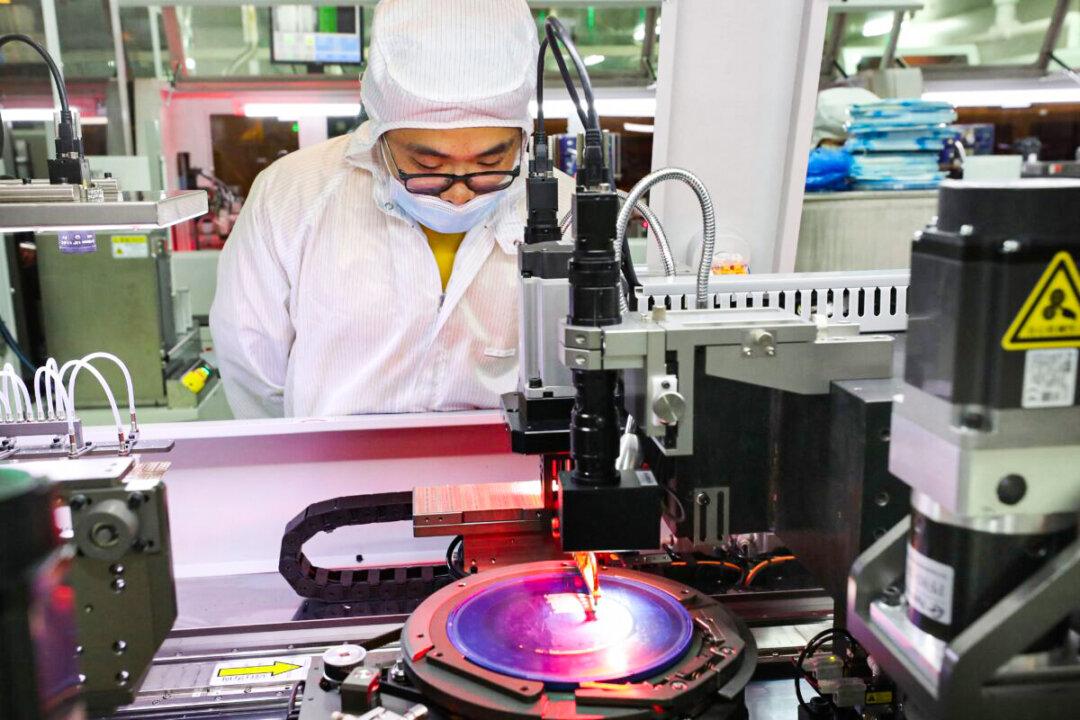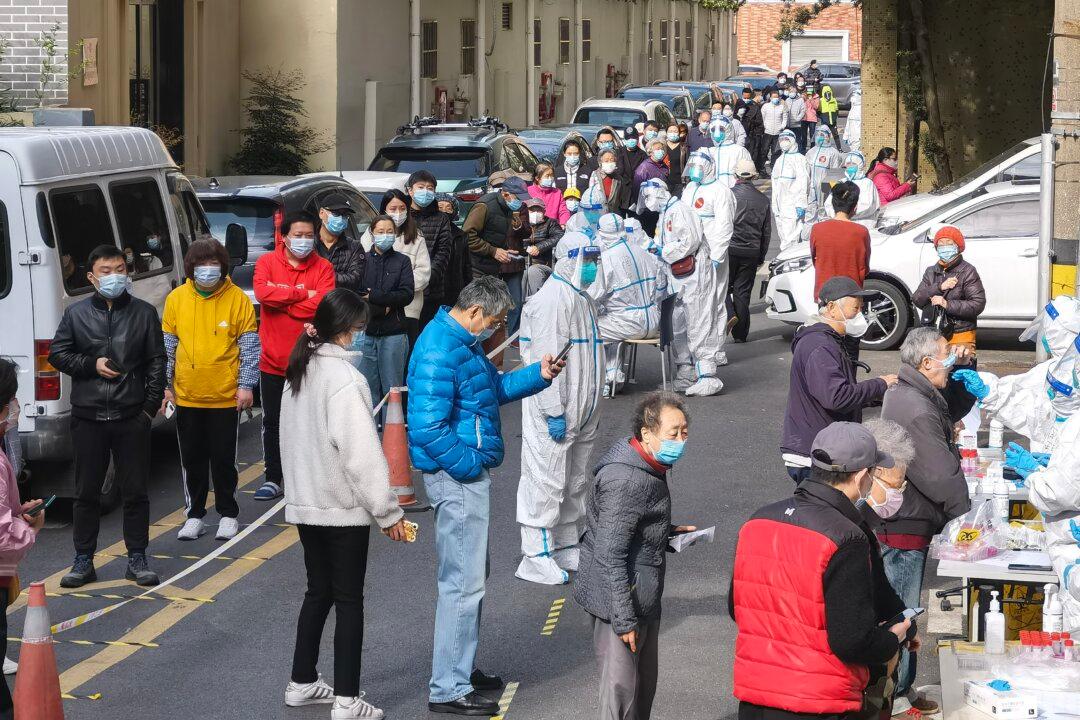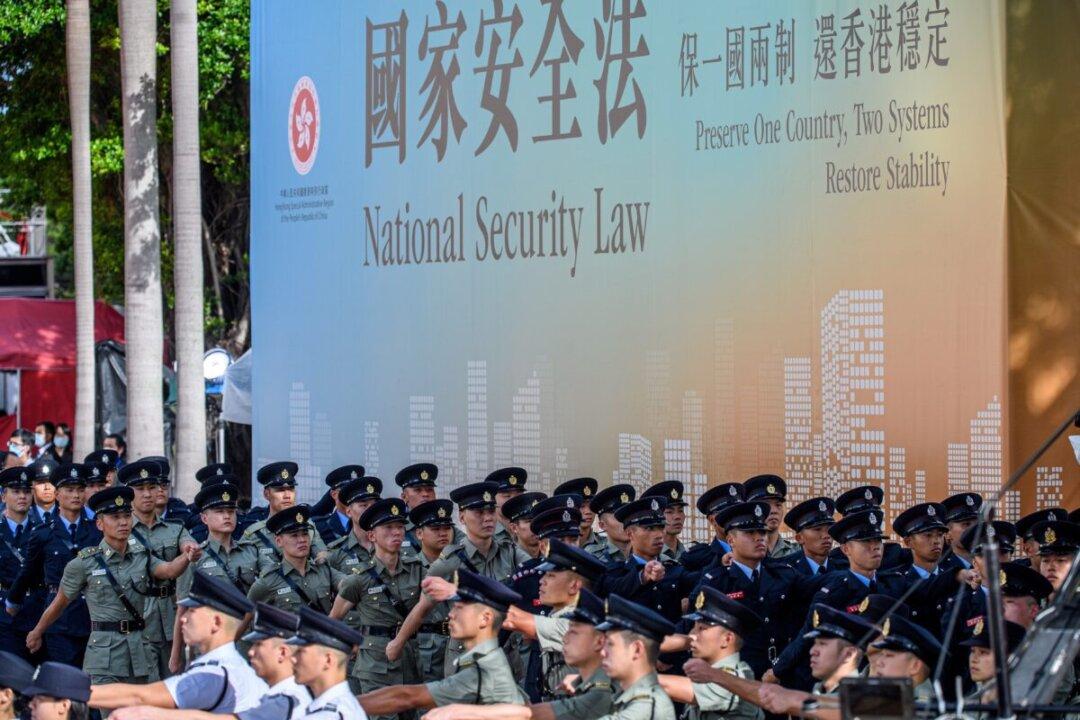Xi Jinping, the general secretary of the Chinese Communist Party (CCP) and leader of the country, is facing a general election next year. To ensure his re-election, he has substantially changed the party’s rules and regulations. China commentators say it’s a sign of the CCP’s deepening autocracy and of Xi’s return to Mao rule.
Preparations began in February for the 20th CCP Congress in the autumn of 2022 that involves a senior leadership transition. The Regulations on the Protection of the Rights of CCP Members––called the “CCP’s gang rules” by the public––issued by the CCP Central Committee on Jan. 4, are seen as vastly different from the revised 2004 version and the original 1994 version.





